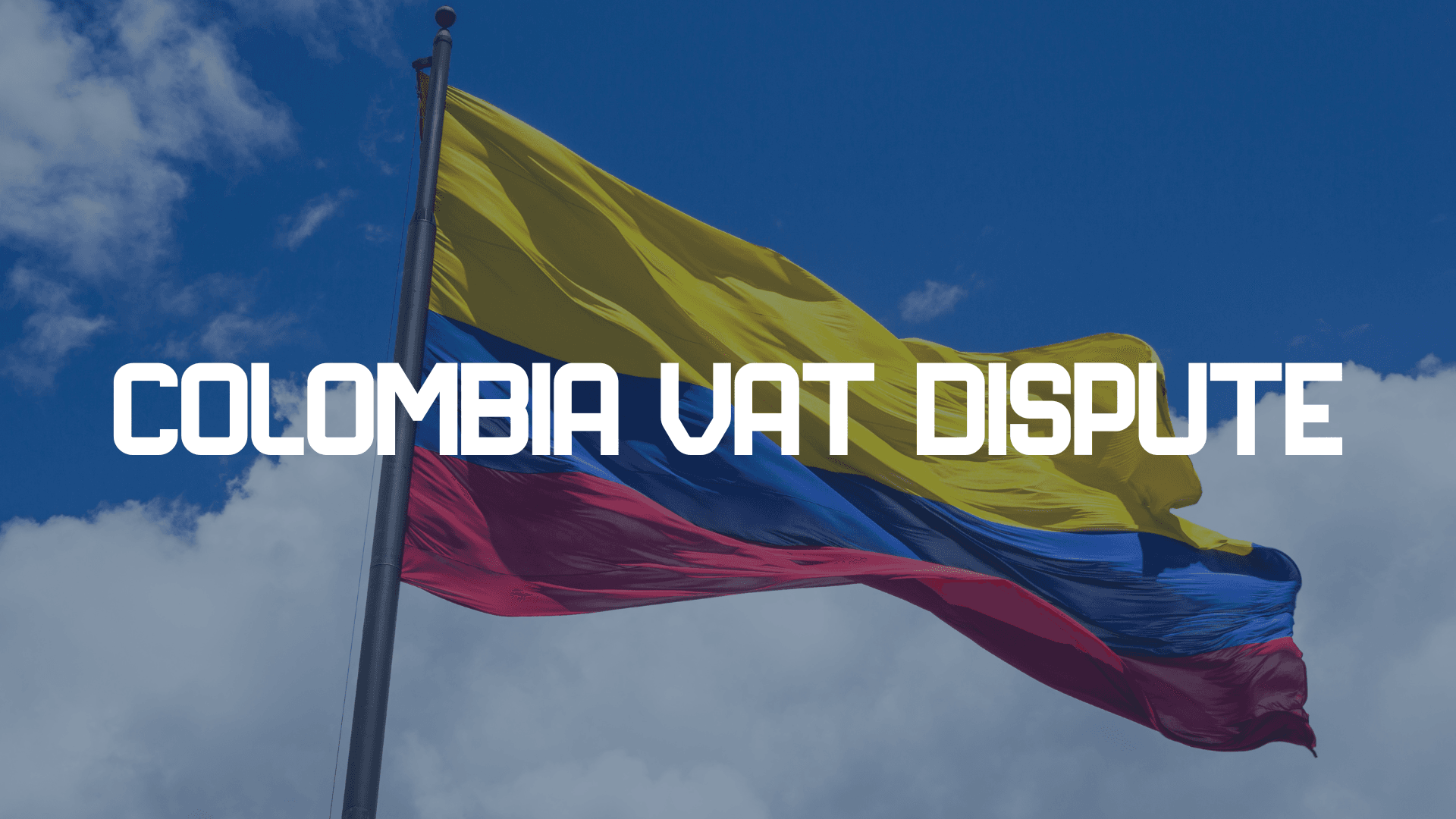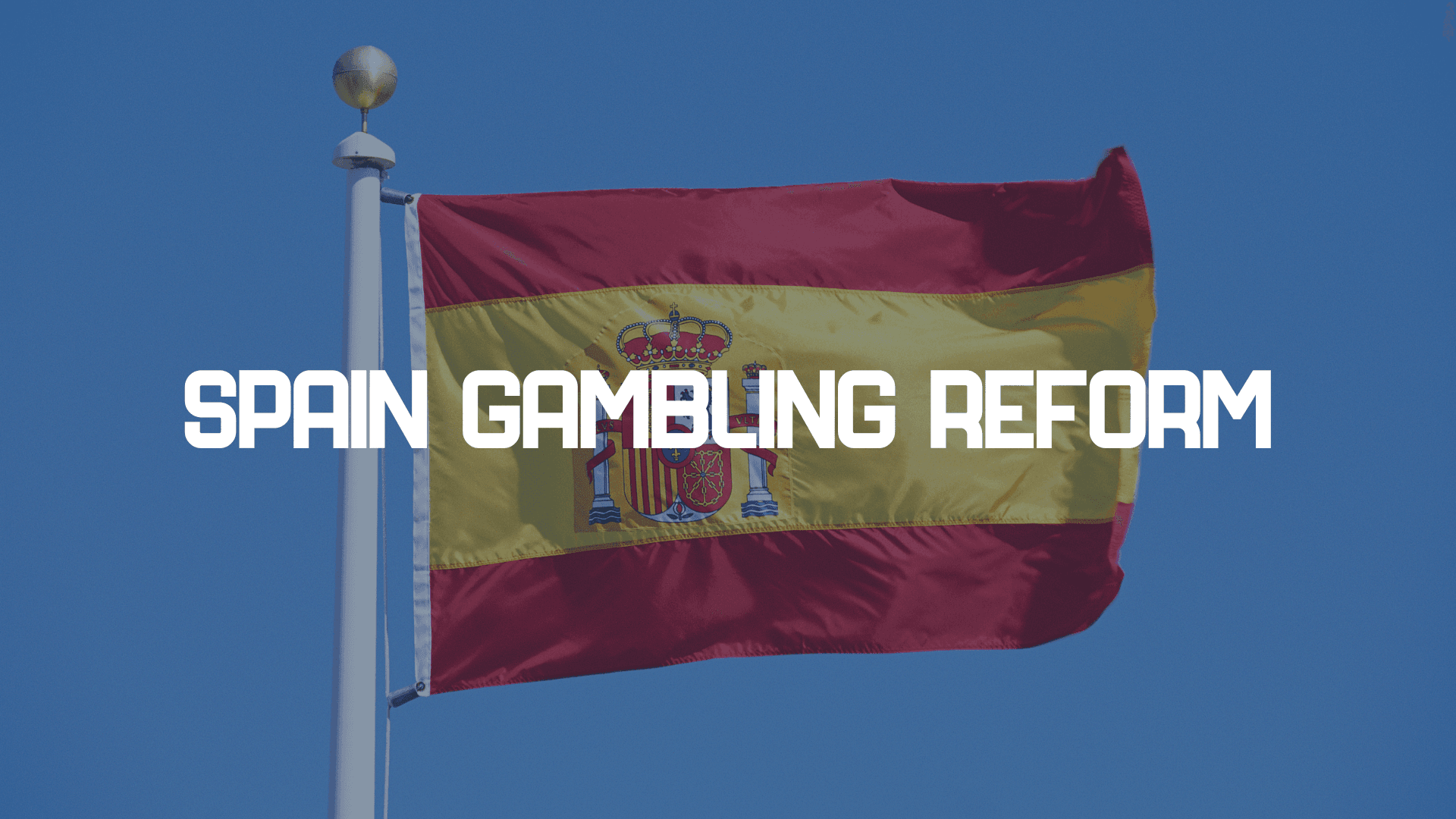The Spanish Ministry of Territorial Policy and the Government of the Canary Islands have begun formal discussions to harmonize the implementation of Law 2/2025, a legislative package that addresses public sector employment reform and introduces new safeguards to protect minors from gambling-related risks.
Coordinating National and Regional Frameworks
To ensure consistent enforcement, both governments have established a bilateral cooperation commission that will coordinate the law’s application across national and regional levels. The working group is jointly led by Ángel Víctor Torres Pérez, Spain’s Minister of Territorial Policy and Democratic Memory, and Manuel Domínguez González, Vice President of the Canary Islands.
The commission will serve as a platform to resolve legal discrepancies between Spain’s state-level legislation and the Canary Islands’ regional regulations, focusing particularly on public employment standards and gambling oversight. The initiative reflects Spain’s ongoing effort to ensure legal coherence among its autonomous communities.
Tackling Temporary Employment in the Public Sector
A central objective of Law 2/2025 is to reduce temporary contracts in Spain’s public administration, which remain among the highest in the European Union. The reform aims to create more stable employment conditions through transparent recruitment, stronger compliance, and standardized labor practices.
The Ministry of Territorial Policy has stressed that permanent, well-regulated employment is essential for efficiency, fairness, and service quality within public institutions. The Canary Islands, like other regions, face unique challenges balancing staffing needs with administrative and fiscal constraints, and the commission is expected to develop region-specific strategies to implement the reforms effectively.
Reinforcing Child Protection from Gambling Risks
Although primarily an administrative reform, Law 2/2025 also includes measures to shield minors from gambling exposure, particularly through digital advertising and influencer-driven promotions. The Canary Islands government has expressed full support for these protections, calling for closer coordination with national regulators to ensure uniform enforcement.
Spain’s Ministry of Consumer Affairs has warned repeatedly about the growing normalization of gambling among young audiences, particularly through social media and streaming platforms, where entertainment content often overlaps with gambling promotions.
Earlier this year, authorities reported an increase in teenage exposure to betting-related material, prompting national regulators to reinforce advertising restrictions and strengthen penalties for unlicensed promotions.
Broader Framework for Responsible Gaming
The latest reforms align with Spain’s existing responsible gaming legislation, Law 13/2011 and Royal Decree 176/2023, which mandate that operators adopt systems to detect and prevent problematic gambling behaviors. Within two years of the decree’s enactment, a unified system will be introduced to standardize protection measures across all licensed operators.
This process also includes a public consultation period until 25 September 2025, allowing operators, industry associations, and institutions to contribute feedback on compliance procedures. The government has emphasized that this collaborative model ensures transparency, accountability, and public health protection, moving away from outdated notions of the player as a purely autonomous consumer.
Strengthening Legal Unity Across Regions
The cooperation between Spain and the Canary Islands underlines the government’s broader strategy to achieve legal and administrative harmony across its autonomous communities. By aligning public employment standards and tightening gambling safeguards, Law 2/2025 aims to reinforce both economic stability and social responsibility within Spain’s evolving regulatory landscape.
Sources: SiGMA, Gambling Insider

Betsson Becomes Official Betting Partner of the Davis Cup

Betinia Expands Gamification Strategy with Diego Simeone ‘Football Manager’ Platform

Betty Expands Toronto Footprint with Argonauts and Toronto FC Deals

FeedConstruct Acquires Exclusive Global Rights to Argentine Basketball Leagues

Petro Pushes to Preserve Colombia’s Gambling VAT Amid Budget Pressure
2026 © Invixos. All rights reserved. A product by Jerom Verschoote.

